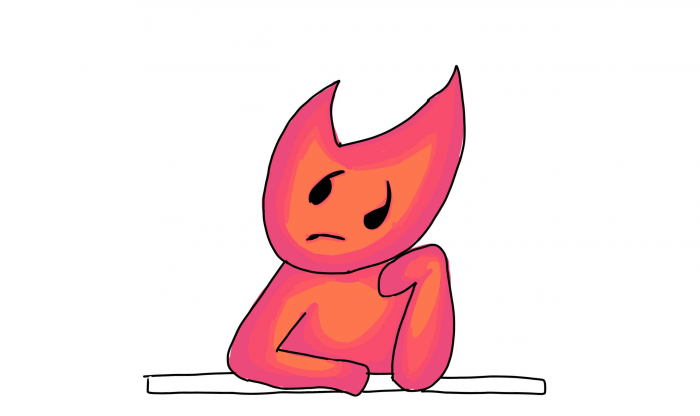I recently re-downloaded the dating app Tinder. I was working on a difficult essay and, frustrated by my lack of success, found myself reactivating an old profile and swiping furiously. This was not the first time this had happened. When school becomes stressful and the pressures of McGill begin to make me feel inadequate, Tinder inevitably reappears on my phone, and then disappears a few days later. Upon reflection, I realize that I do not use the app to connect with others. Instead, I use it for the fleeting sense of validation that will dissipate as soon as I put my phone down.
A 2017 University of Rhode Island study associating use of the app with low self esteem and negative body image suggests that my experience is not uncommon. It has been well documented that young people are undergoing a mental health crisis. At McGill, student mental health is especially dire, with 65 per cent of undergraduate students reporting social anxiety and 44 per cent reporting depression. It’s also been established that this crisis is worsened by heightened social media use.
Social media is not inherently evil; it’s an easily accessible means of communication, but one with consequences when misused. Treating Tinder, or any other online platform, as a coping mechanism or a means of validation is just one such misstep. Still, it’s easy to see the appeal of these apps. By allowing us to fracture our identities into a set of consumable personas online, Facebook or Instagram profiles can be used to briefly alleviate feelings of stress and inadequacy.
Tinder, with its built-in instant gratification, is one of the easiest ways to achieve this momentary validation. Matches are a clear confirmation that one’s online persona is not only acceptable, but desirable. Even better, the stakes are low, as there is no compulsion to message or even reply to those matches in the first place. However, in terms of social media apps’ effects on self-esteem, Tinder may also have the most depressing consequences. The University of Rhode Island study confirms what many already know to be true: Presenting a simplified persona in the context of romance—traditionally one of the most meaningful ways to connect with another person—only underscores the sense of alienation common to college dating culture. If social media is used as a kind of self-medication, the result is often more loneliness, more stress, and more fear of inadequacy. Using Tinder this way is not a way to connect with others; it’s an ill-fated dialogue with the self, an externalization of a problem into an idealized persona.
It does not have to be this way. Social media apps like Tinder are unprecedented connective tools that transcend physicality, and they should be used with care. Conscious social media use, defined by social connectivity and the intention to communicate respectfully with others, can create and strengthen relationships. If Tinder users treat the app as an opportunity to meet like-minded people, they might find their lives enriched. However, more often than not, young people’s Facebook, Instagram, and Tinder habits are unconscious bids for validation. Using social media in this way divorces social capital from social interaction, compromising meaningful communication.
Next time I re-download Tinder, I will ask myself why. If my answer is anxiety, or inadequacy, or anything other than the desire to connect with others, I will turn to something else.








